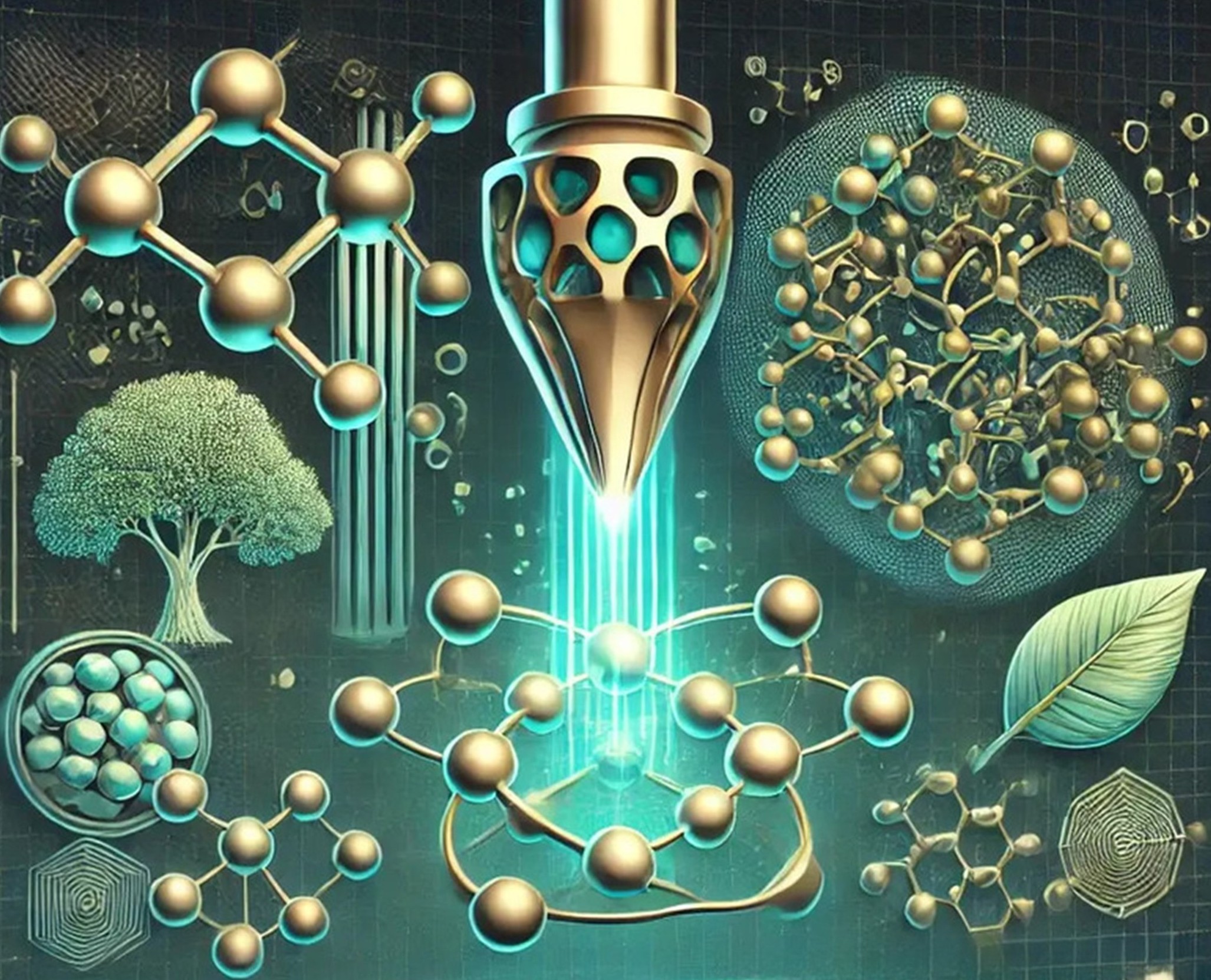

The aim of the 3DPRINTCAT4BIOMASS project is the development of novel, versatile, and robust catalytic systems applicable to multiple biomass feedstocks.
Due to the advandages of 3D-printing compared to traditional manufacturing technologies, the heterogeneous catalyst will be synthetised by 3D printing process will involve the use both of biopolymer (chitosan) combined with polylactic acid and of metals (Ru, Au, Pt and Fe).
The synthesis of these materials will be monitored by a number of external (ex-situ) characterization techniques including XRD, SEM- and EDX mapping, BET surface area, TEM, XPS, DRIFTs, DRUV, TPD/TPR and surface acid/base group analysis. The conversion of lignocellulosic materials to high added value chemicals and biofuel precursors such as furans, levulinates, γ-valerolactone and valeric esters over 3D printed heterogeneous catalysts will be carry out in autoclave and/or microwave conditions. Optimized reaction conditions in batch (autoclave conditions and/or microwave conditions) will be translated into a continuous flow process using some of our ´in-house´ equipment, in the liquid phase (Phoenix reactor). The aim of these experiments is not only to test the potential scalability of the process, but most importantly, the long-term stability of the catalysts under the present conditions.
The aim of this project is the development of novel, versatile, and robust catalytic systems applicable to multiple biomass feedstocks.
The project aims to fulfill the following objectives: